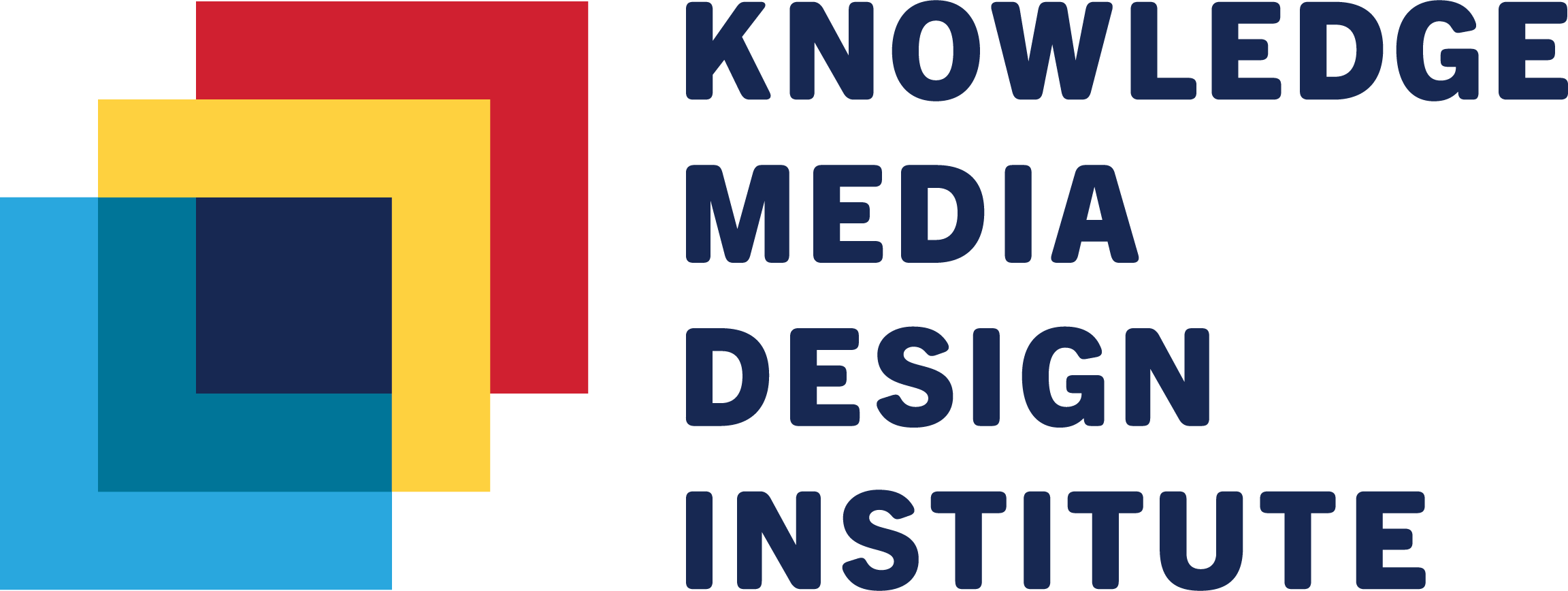This page lists the different projects that are associated with KMDI-Semaphore, providing a general picture of the body of work conducted at KMDI-Semaphore.
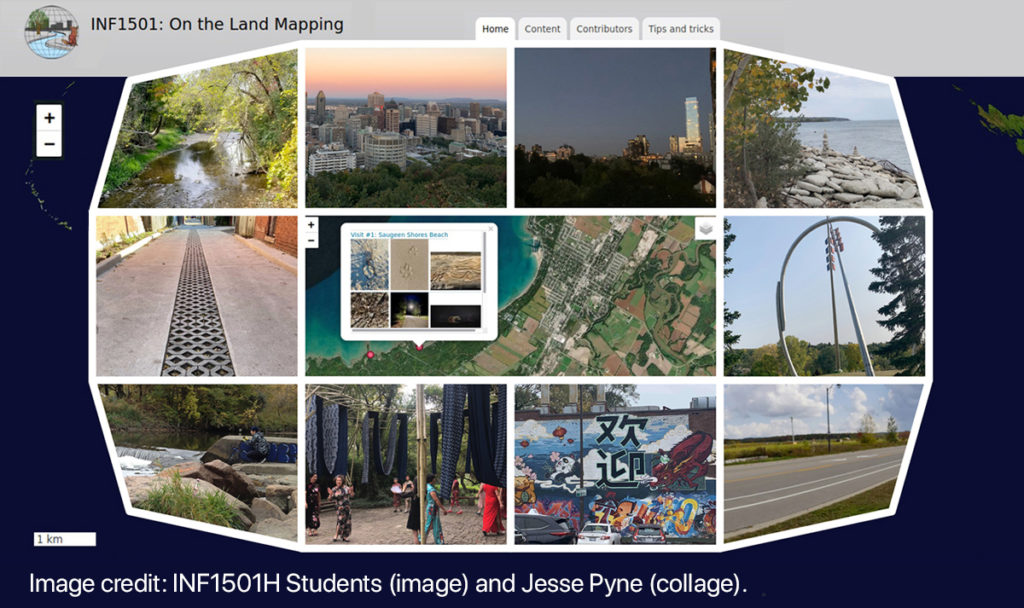
Multimedia Emergent Mapping for Education (MEME) Project (by Stephanie Pyne and Professor Glenn Brauen)
The Multimedia Emergent Mapping for Education (MEME) Project considers the collaborative creation of online, interactive multimedia maps, their value as community and educational resources, and technical and pedagogical design issues related to their use. The project’s first iteration emerged through work in INF1501H (Fall 2020) to enable “On the Land” mapping exercises in which students created and mapped multimedia and written reflections in response to their surroundings. We expect this project to contribute to a greater sense of interpersonal class connections via student involvement in map development, including the sharing of place-based perspectives; appropriate for remote education, yet more generally intended for community-based and experiential learning.
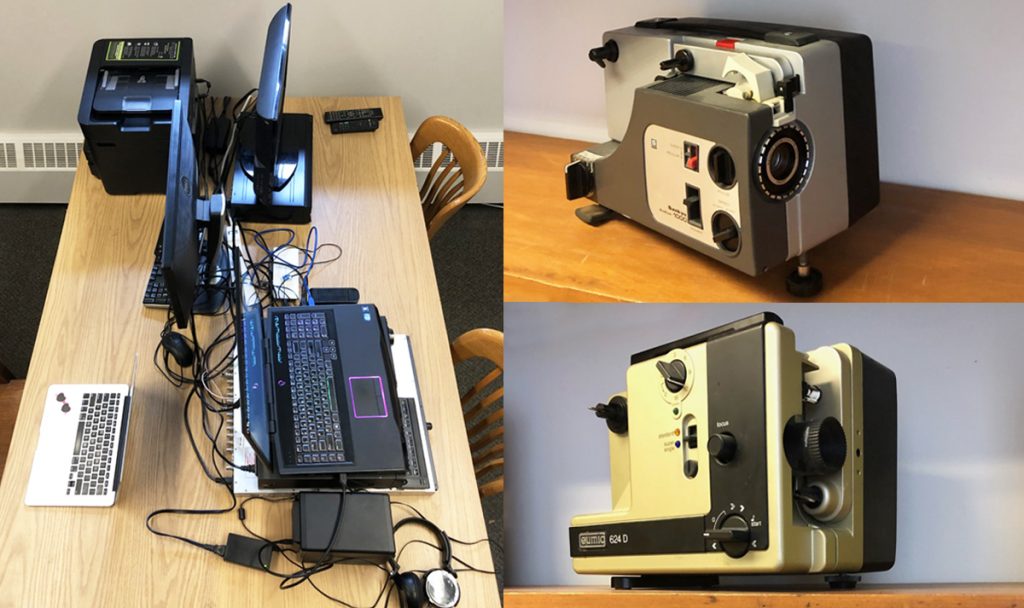
Bonham Centre’s Sexual Representation Collection (by Professor Patrick Keilty)
The Sexual Representation Collection (SRC) at the Bonham Centre for Sexual Diversity Studies is one of the few archives specializing in the preservation and study of adult film history. Researchers have worked to enrich the archive, preserve the vulnerable materials, and build upon the access scholars have to this collection. It is now Canada’s largest archive of adult film history, including 4,000 VHS videocassettes and DVDs, 1,000 magazines, 500 pulp novels, hundreds of 35mm slides, digital files, and more. Individuals interested in the collection can inquire directly with Prof. Keilty, at p.keilty@utoronto.ca. Read more: The Sexual Representation Collection at the Bonham Centre.
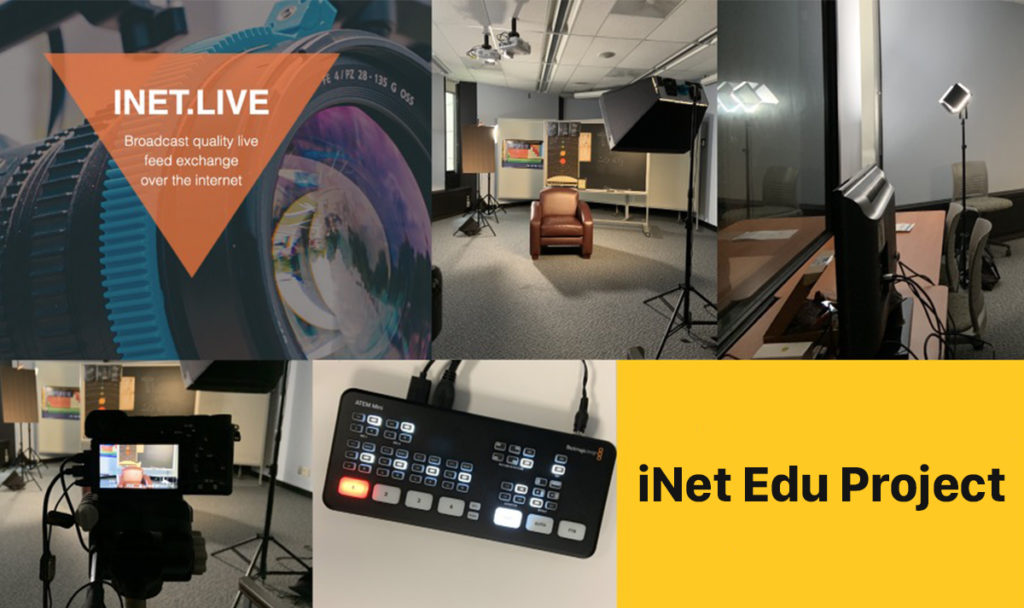
iNet Edu Project (by Professor Sara Grimes, Zoe Xu, and VideoShip, Inc.)
The iNet Edu project aims to improve the speed and quality of online delivery of course lectures and academic talks. A collaboration with Ottawa-based data broadcast company VideoShip, Inc., this project is focused on developing a new system that will allow academic institutions to provide broadcast quality recordings of lectures and talks on both private and public networks. Professor Sara Grimes, MMSt student (videographer/editor) Zoe Xu, and Videoship engineers are experimenting with both studio and at-home recording scenarios to enable both live feeds and asynchronous viewing of recorded content, along with an accompanying online platform with built-in editing and closed captioning/transcription features, which students/participants can then access through a secure, confidential (privacy-by-design), browser-based system.
Students can view/download lecture content by clicking on a secured, password protected link. In response to the COVID-19 outbreak, the iNet Edu project is currently developing safe, convenient, broadcast (i.e. HDTV) quality remote delivery options for both studio and at-home recordings.
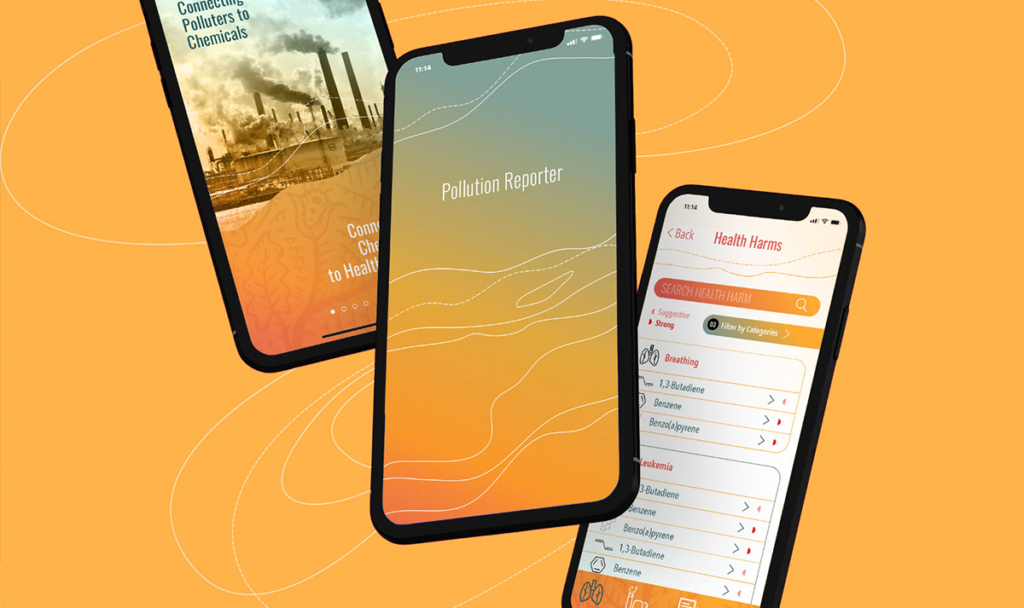
Pollution Reporter Mobile App (Environmental Data Justice Lab at the Technoscience Research Unit)
Ontario’s Chemical Valley in Sarnia, where some 40% of Canada’s petrochemicals are processed, is located on traditional Anishinaabeg territory and is home to Aamjiwnaang First Nation. The Pollution Reporter App supports communities members in connecting polluters to their emissions to known health harms, while also facilitating people’s abilities to report pollution events they witness to the Ontario Ministry of Environment. Built guided by Indigenous Data Sovereignty values, the app is can be downloaded in both the Apple Store or Google Play. Version 1.0 of the App focused on the Imperial Oil Refinery of Sarnia, the oldest operating refineries in the world and the biggest polluter in Chemical Valley. Version 2.0 of the lab covers all facilities in Chemical Valley. The EDJ lab that builds this App is an Indigenous led lab that includes community researcher Vanessa Gray (Aamjiwnaang FN), Professor Kristen Bos, Professor Michelle Murphy, and PhD candidate Reena Shadaan.

Impact Assessment Project for the Creative Hubs and Networks Research Initiative
The nascent Impact Assessment Project (IAP) began with interviews at creative hubs between 2018-2020 and an annotated bibliography commissioned by Department of Canadian Heritage Arts Branch in 2020. Led by Mary Elizabeth Luka, the project is evolving into a public resource incorporating impact evaluation literature, a flexible framework of eight broad categories of assessment including creative and economic measures, and a typology of extant profiles. The IAP is particularly useful for creative hubs funders and leaders, policy makers, creative workers and researchers.
The IAP is supported by the Connaught Fund, the Critical Digital Methods Institute (CDMI) at UTSC, Department of Canadian Heritage and KMDI-Semaphore.
Contributors: Jacqueline Wallace, Katy Ilona-Harris, David Kwasny, Paulina Rousseau, Claudia Sicondolfo, Samarth Singhania, Kirsta Stapelfeld, Hillary Walker, and Helen Yung
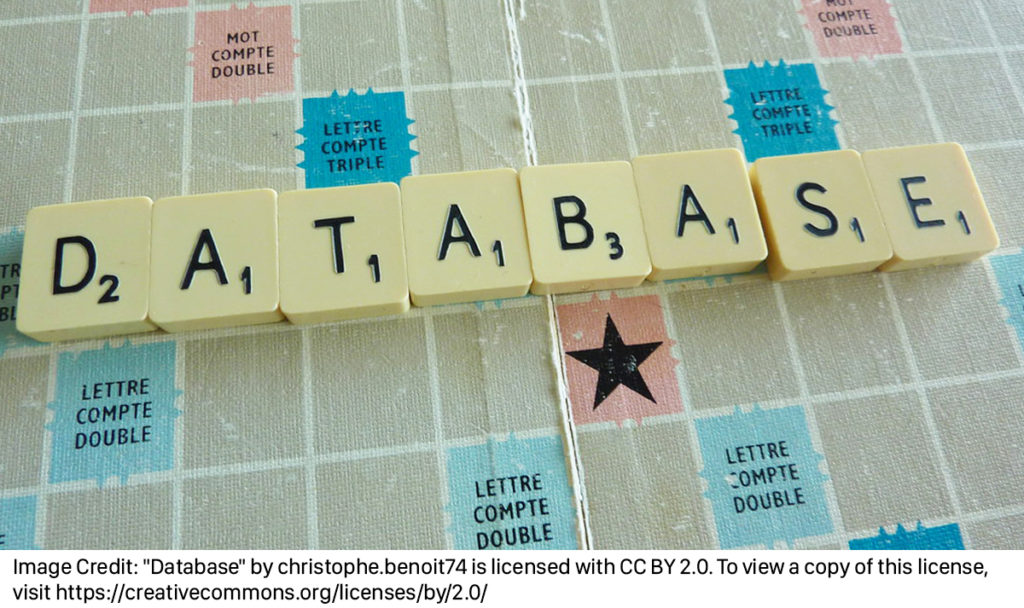
Creative Hubs and Networks Research Initiative (CHNRI)
Led by Mary Elizabeth Luka, the CHNRI bridges gaps among creative disciplines, media, systems and people including creative hubs funders and leaders, policy makers, community users, creative workers and artists, researchers, and specific publics. Two open access databases will launch in 2021. One includes five years’ of in-depth research into 200 creative hubs and networks that support arts, culture and media across Canada, supported by SSHRC, the Department of Canadian Heritage, Connaught Fund and UTSC Digital Scholarship Unit.
Another is a collection of 100 international operational resources for the culture sector, in partnership with Mass Culture. The CHNRI is part of KMDI-Semaphore and the Critical Digital Methods Institute (CDMI) at UTSC.
Contributors: Jacqueline Wallace, Rachel Barber-Pin, Katy Ilona-Harris, David Kwasny, Paulina Rousseau, Samarth Singhania, Kirsta Stapelfeld, Sylvie Stojanovski, Hazel Yoon, Helen Yung, and Madison Zinger

Professors Sara Grimes and Leslie Shade Part of Global UN Study on Children’s Rights in the Digital Environment
As part of the ReRights global children’s consultation on children’s rights in the digital environment, Professors Sara Grimes and Leslie Shade held a series of workshops with Canadian youth aged 10 to 18 years to better understand what they think about their rights online. Similar workshops were held in 27 different countries around the world, in a massive international research partnership led by researchers from the 5rights Foundation, the Western Sydney University (Australia), and the London School of Economics and Political Science (UK). A report summarizing key findings gathered from these workshops, which included a total of 709 young participants, was submitted to the United Nations Committee on the Rights of the Child this past Fall (2020), where it will inform an upcoming General Comment to instruct governments on how to interpret and adhere to the Convention on the Rights of the Child in an increasingly digital world.

Virtual Reality, Perception & Learning: The Role of Sensorimotor Systems and Cognition (by Michelle Lui and Professor Rhonda McEwen)
The project explores the connections between sensorimotor systems and cognition in immersive virtual reality as learners tackle their understanding of a complex scientific model. Set in front of the E. Coli bacteria’s genetic machinery, learners in head-mounted devices engage with the virtual reality simulation in either a seated or standing position. The VR simulation, co-designed with the course instructor, supports university students to explore the system’s invisible dynamics. Physiological sensors and eye-tracking data offer objective signals for interpreting learners’ experiences, augmenting established means for assessing embodied learning technologies. For more information on the project, the latest article: ‘Immersive virtual reality for supporting complex scientific knowledge: Augmenting our understanding with physiological monitoring‘ is published in the British Educational Research Journal.
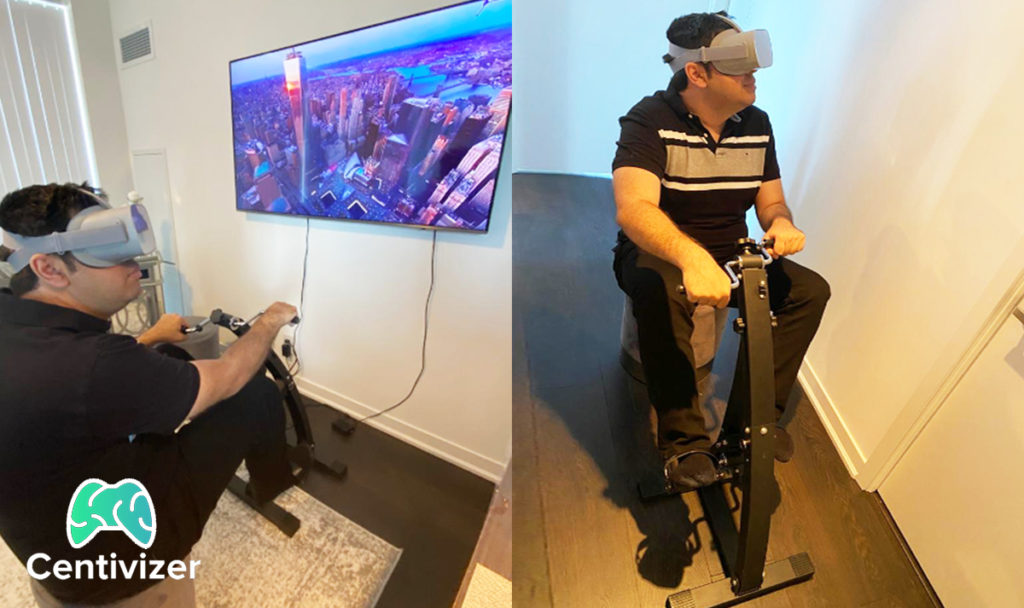
Centivizer – U of T Spin-off Startup
The Centivizer project creates interactive and rewarding technology-based activities that stimulate physical and cognitive functioning as people grow older. Based on extensive research and testing since 2016, we have developed three innovative products to promote health: 2RaceWithMe, 4VRYoung (pronounced “Forever Young), and BrainTagger. 4VRYoung (photo) provides leg exercise in Virtual Reality. 2RaceWithMe provides collaborative exercise and social interaction. BrainTagger is a suite of cognitive assessment and training games that is free for research use. See www.centivizer.com for further information about Centivizer, and contact Mark Chignell at chignell@mie.utoronto.ca if you would like to use the products or are interested in collaboration.

The Platform Power & Politics Project ( by Professor David Nieborg)
This project discusses the relentless, decade-long growth of platform companies (Facebook, Apple, Google and Amazon), now among the highest valued businesses in the world. Drawing on economics, media studies, and software studies, we are looking for ways to reframe platform power and analyze its impact. Our main interest are the complexities of global digital dominance and the infrastructural ambitions of platform operators. Our case studies include app stores, platform software and tools, platform-dependent modes of cultural production, and digital practices that challenge platform governance, such as gambling and porn. We are considerate of the global dimension of platform power and include both Western and non-Western, particularly Chinese platform companies.

Trans-Feminist and Queer Digital Praxis Workshop – TFQ DPW. (by Co-directors T.L. Cowan and Jasmine Rault)
The Trans-Feminist Queer Digital Praxis Workshop (TFQ DPW) is both a collective of, and a space for, trans- feminist queer activists, artists, audiences, writers, and researchers, working from the University of Toronto and beyond. Anchored in trans- feminist Indigenous queer of color and critical disability ethics and praxes of reciprocity and responsibility, TFQ DPW works on digital phenomena as forms and spaces of potential (and potential problems) for multi-scalar multi-disciplinary works-in-progress through collaboration and community.
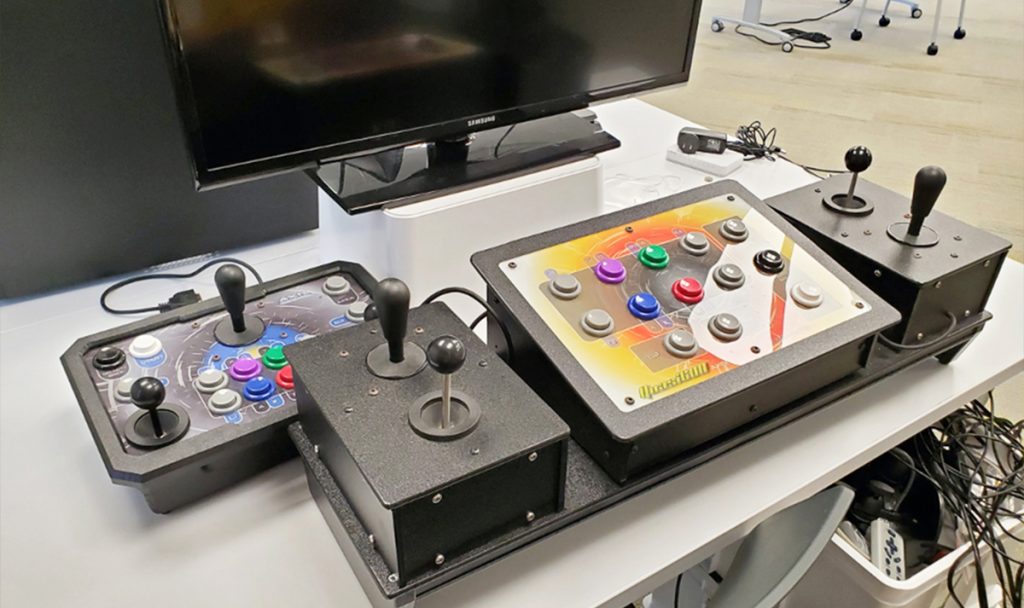
Accessibility Arcade (by Adrian Petterson and Professor Sara Grimes)
The Accessibility Arcade project brings together industry members, disabled gamers, and associated communities to create an inclusive gaming space in the KMDI Makerspace. The researchers have consulted with prominent disabled gamer influencers like Steve Saylor (the Blind Gamer) and Little Navi. AAA studios to indie game companies have partnered with the space to share knowledge and grow awareness around inclusive gaming. During the COVID 19 pandemic, researchers from the Accessibility Arcade are exploring how to create and grow an inclusive gaming community through online events, blogs, and game jams. The project focuses on co-design opportunities, and amplifying solutions to disabling barriers from the disabled gamer community.
